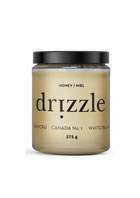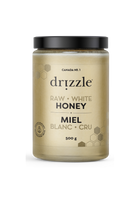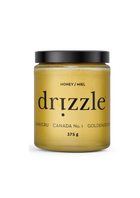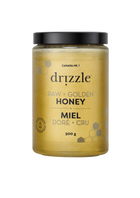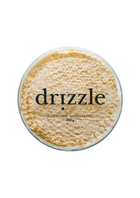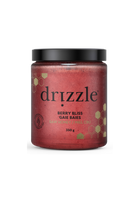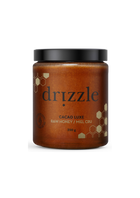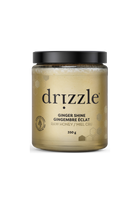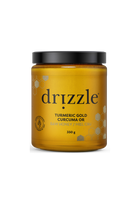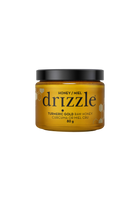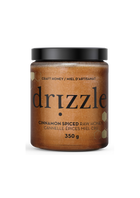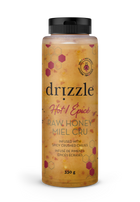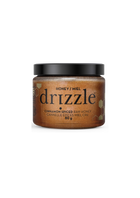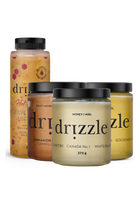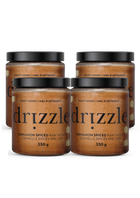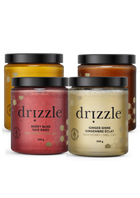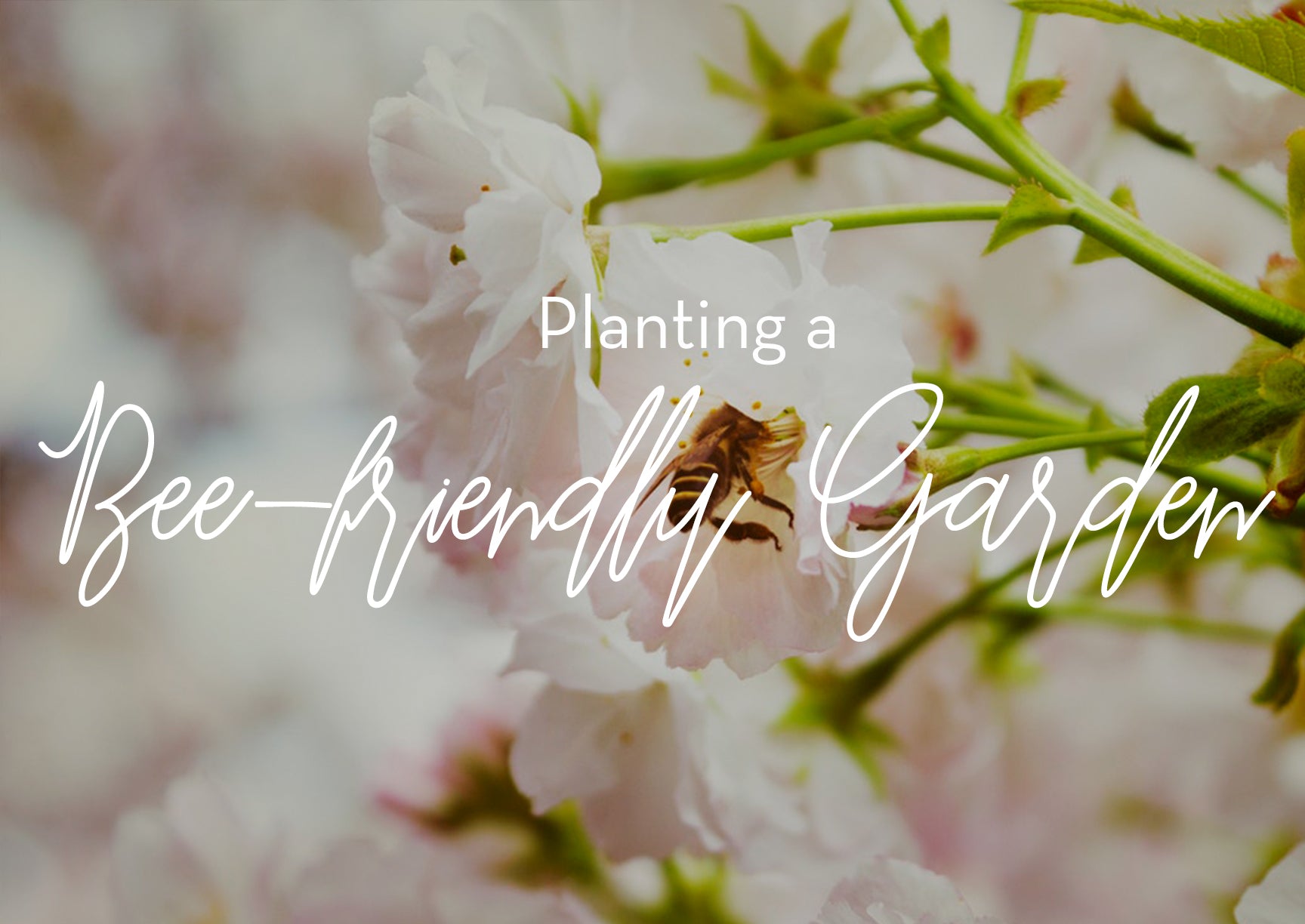Here’s something to think about the next time you’re cooking up a meal.
At least ⅓ of the ingredients you’re using wouldn’t be there if it weren’t for pollinators.
We don’t often realise just how much value pollinators like bees, hummingbirds, bats, flies and butterflies bring to the table - and to the world. In fact, about 75% of all flowering plants need pollinators to reproduce - plants that make up ½ of the world’s raw materials, prevent soil erosion, and increase carbon sequestration.
In short - pollinators are not just important. They’re necessary. That’s why we need to do our best to keep them thriving.
Need tips on where to start? Keep reading.
Plant a bee-friendly garden
Planting a bee-friendly garden is one of the easiest and most profound ways that you can contribute to the vitality of your community's wild plant and animal life. Your backyard, window sill, balcony, deck, front step, any outdoor space that is protected from wind and receives partial sun is an opportunity to create a little bee habitat.
We have a blog post on How to Plant a Bee-friendly Garden if you want to learn more.
- Utilize plants native to your area (or at the least, non-invasive for your area).
- Know your soil type and select appropriate plant material.
- Plant in clusters to create a "target' for pollinators to find.
- Plant for continuous bloom throughout the growing season from spring to fall.
- Select a site that is removed from wind, has at least partial sun, and can provide water.
- Allow material from dead branches and logs remain as nesting sites; reduce mulch to allow patches of bare ground for ground-nesting bees to utilize; consider installing wood nesting blocks for wood-nesting natives.
Purchase locally (or nationally) made honey
Bringing a jar of Drizzle honey home to your table is a wonderful way to support responsible, ethical stewardship of Canadian honey bees. By supporting local bees and beekeepers who are sustainably producing honey you are showing the industry that imported, adulterated "honey" is NOT okay, thus inciting a change in the industry. You are also supporting healthy hive locations, that allow bees to thrive on lots of nutrient variety and less exposure to pesticides.
Not sure if the honey you're buying is sustainably produced? Just ask! The producer should be able to tell you how and what they are doing to keep production bee-friendly.
Why you should buy local Canadian honey
- Purchasing local honey keeps our local bee farmers in business and our bee populations thriving.
- Tells producers you only want to purchase real honey. Often imported honey is fake or mixed with adulterated ingredients.
- Lowers fuel emissions because t honey isn't being shipped great distances
- Ensures that there is a place for pollinators in our ecosystem
Reduce your environmental impact
Pollinators are dramatically affected by extremes in weather and climate change puts pressure on these delicate workers. One major way that we can help to support pollinators such as bees is by conserving all of our resources.
Use less, reduce your impact and lead a simpler life. We talk about slow living all the time and it’s because it is a beautifully wholistic way of life. If you take time to slow down and appreciate the food that you eat then you may start to purchase only local produce that is in season or local goodies from the farmers market. Each of these actions helps to reduce your environmental impact, saving the bees one juicy delicious apple at a time.
Support Science-based groups such as the Pollinator Partnership
You've probably heard us mention them before (only a million times 😉) but #pollinatorpartnership is an organization that is very close to our honey-loving hearts. When looking at organizations we wanted to support we had a tough time finding ones backed by science and making real progress. Until we found Pollinator Partnership. They are a science-based group whose mission is to promote the health of pollinators through conservation, education and research.
"Protect their lives. Preserve ours." We couldn't agree more and we are so grateful for groups like this who are doing the hard work to research the ecosystems most valuable resources, pollinators. You can donate to Pollinator Partnership directly through their website.
Spread the word!
Tell your friends and family all about pollinators and share your knowledge with them. The more people that know, the bigger the impact.
We’re kind of obsessed with bees
Here at Drizzle honey, we’re proud to set the standard for healthy honey and sustainable practices in beekeeping. We believe the word “sustainable” is used too liberally in business, and if it’s not addressing people, planet and profit, it’s just not sustainable. Here’s a taste of what we do for the planet.
We secure safe habitats for bees
If there are no safe habitats for bees, there are no bees. We provide these safe habitats in the quietude of Alberta, Canada’s northern wildflower fields where bees can build homes and feed on a variety of pollen- and nectar-rich food sources, including the clover our honey is known for.
We provide bees with bio-diverse food sources
Like us, bees are healthier when they’re feeding on a number of nutrient-dense food sources, not just one—especially if that one food source is sprayed with chemicals. We don’t monocrop; our bees are free to feed on whatever unadulterated wildflowers they can find.
We partner with local beekeepers
By partnering with local beekeepers, we can control the quality and safety of our honey and reduce our carbon footprint from importing honey—after all, it’s already in our backyard. (Maybe we’re biased, but we happen to think local honey tastes better, too. Creamy, buttery, delicious.)
We donate to pollinator research
We donate 1% of our profit to the Pollinator Partnerships and use the organization’s resources to partake in Pollinator Week every year and educate our customers and team on the importance of pollinators and bees year-round. Your other honey brand doesn’t do that.

